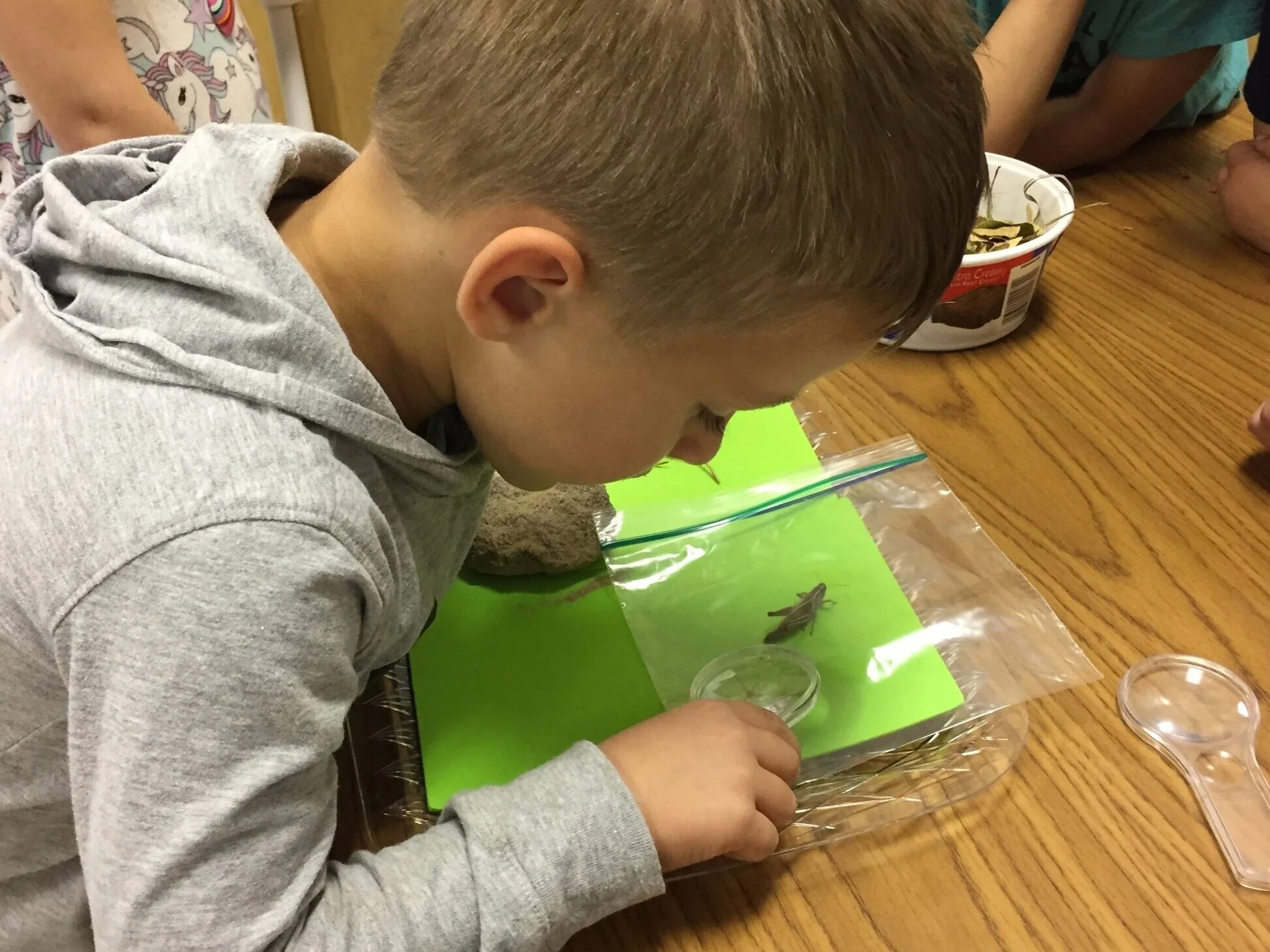Why is "Montessori" so Hard to Explain?
/“We discovered that education is not something which the teacher does, but that it is a natural process which develops spontaneously in the human being.”
“What is ‘Montessori’”?
If we had a nickel for every time someone asked us that….
It can be a tricky question for a number of reasons.
It’s never been a trademarked term, so schools can largely interpret and apply it how they wish.
A Montessori approach can refer to a school’s educational approach, but it can also be applied as a lifestyle in home and family life.
A huge point of the Montessori philosophy is to tailor education and child-rearing specifically for each individual child.
Montessori theory embraces change and growth in the adult and the child, therefore its appearance changes and grows too.
“Montessori is….”
Montessori emphasizes hands-on learning. Maria Montessori believed firmly that “what the hand does, the mind remembers.” Children especially are uniquely wired to be kinesthetic learners. Concrete materials allow them to manipulate their environment in a way that solidifies their understanding.
Montessori education is holistic, which is why it lends itself so well to home and family life as well. In this philosophy, education and life go hand-in-hand. In a Montessori classroom, you are as likely to find students cooking, cleaning, caring for animals, and tending to plants as you are to find them reading, writing, studying geography, or working through math problems. A Montessori education embraces the value of learning that daily life and tasks have to offer.
Montessori education is individualized. Children have the freedom to pursue their interests. Each child works at his own pace, without being rushed by an external curriculum timeline. While many lessons within a Montessori education are common for all students, they are delivered in different ways, at different times, at different paces to accommodate individual learners for the greatest effectiveness.
“Montessori isn’t….”
Montessori isn’t a cult...let’s just get that one out of the way. It is an approach to life and education that happens to be named after its founder.
Montessori isn’t a free-for-all. While it does offer more freedom than other educational models, this freedom comes with clearly defined limits.
Montessori isn’t a rigid, stern approach to education. Consistency and structure are emphasized strongly for the sake of the child’s routine. But within these clearly defined limits, children also have a lot of flexibility and independence in their work.
The uniqueness of a Montessori approach
In an age when efficiency is the goal, Montessori schools everywhere appear to be counter-cultural.
It’s true, a Montessori approach in some ways makes more work for its teachers. Montessori teachers must be willing to change and adapt lessons and plans to fit the ever-changing needs of each child.
There’s no true way to create a cookie-cutter Montessori education. As soon as there’s a one-size-fits-all plan in place, you no longer have a Montessori education.
So if “efficiency” is defined from the teacher’s perspective, then Montessori is unique in that it doesn’t value this sort of efficiency.
Rather, Montessori education values the efficiency of the child, recognizing that a child will learn optimally when he approaches a sensitive period for learning specific material. This type of education is completely concerned with the developmental timeline of each child.
How do you produce and prove results then? Well, a Montessori isn’t concerned about that the same way traditional school today is. Testing and scores aren’t the measure of success in this educational approach.
Rather, Maria believed that, “One test of the correctness of educational procedure is the happiness of the child.” A Montessori education values the student as a human and chooses not to standardize students and their education.
The elevator pitch
How can you sum all this up in a nutshell? What’s the elevator pitch? What should I say next time someone asks, “What is Montessori?”
Our mission statement is a good place to start: A Montessori education is a hands-on, holistic approach to education individualized to each student.


